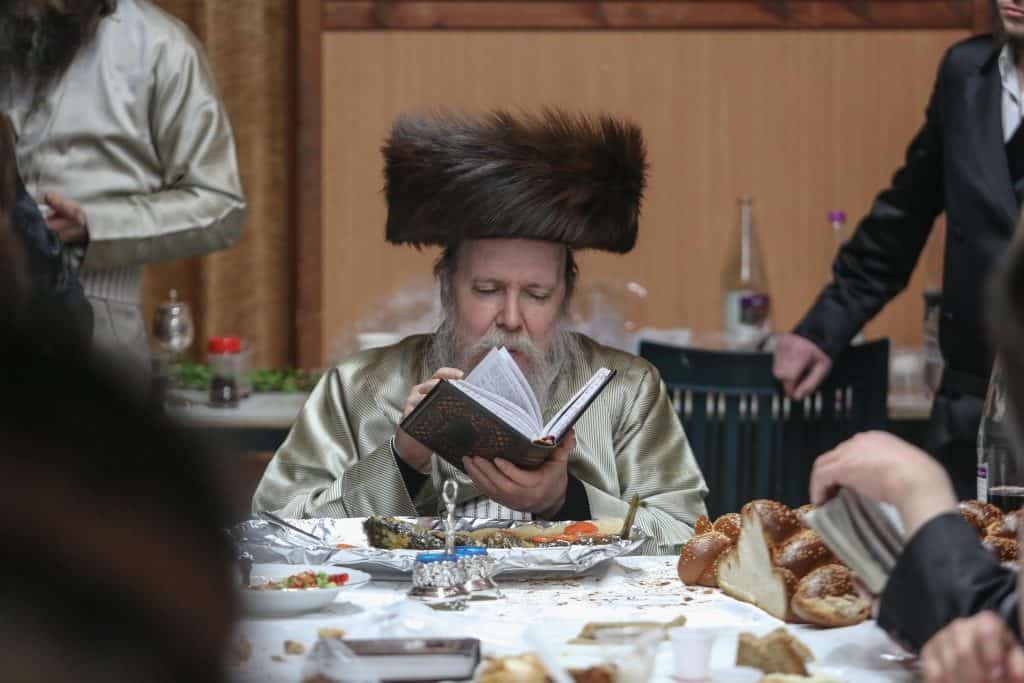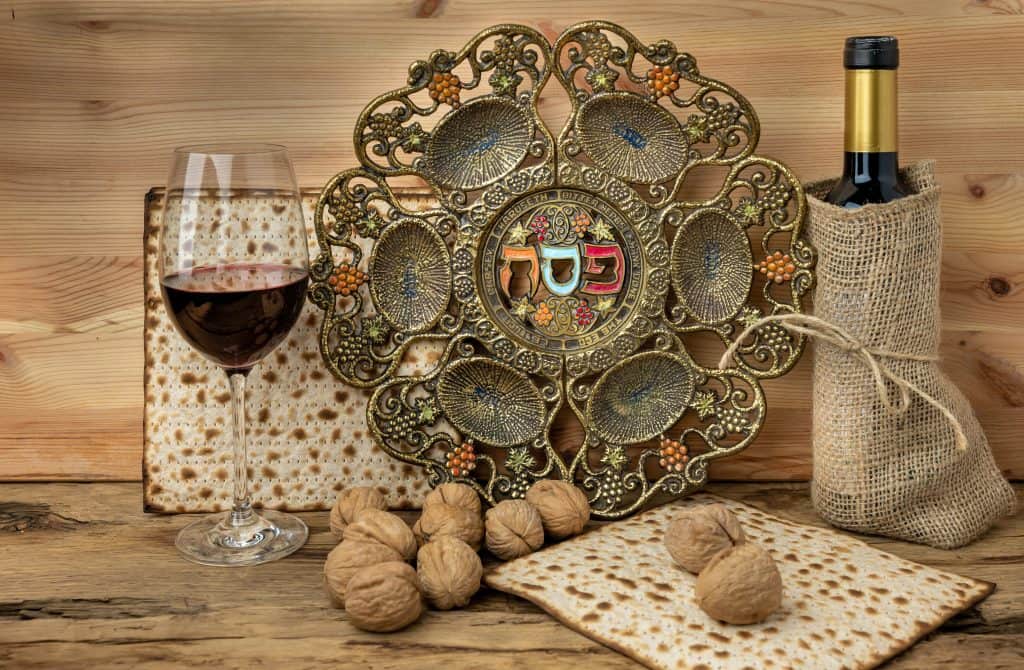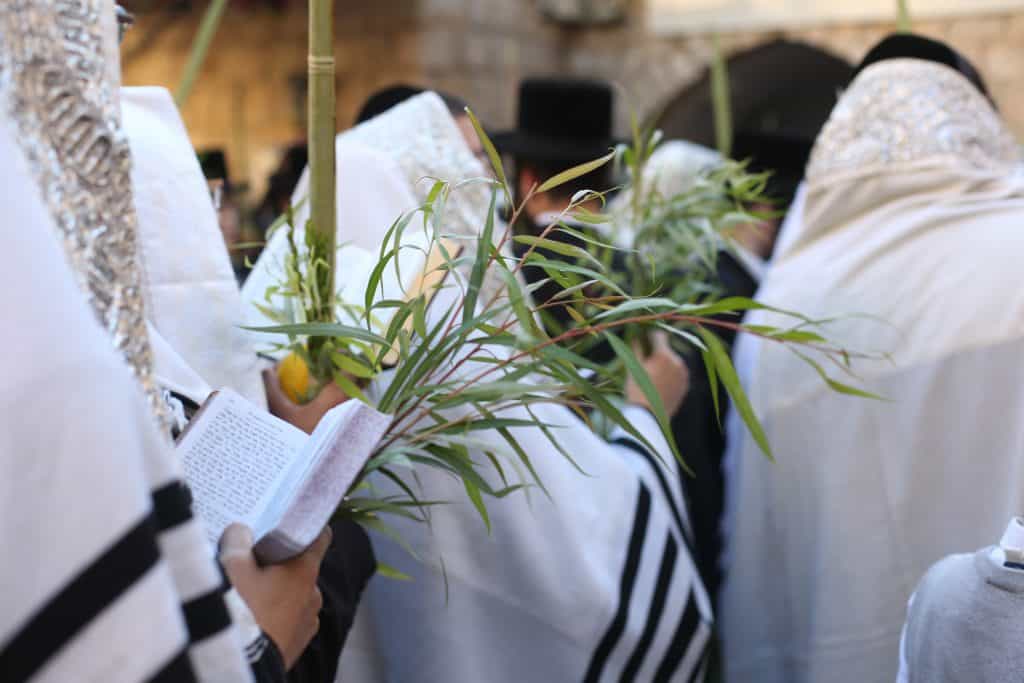Passover, known as Pesach, is among the most significant and widely celebrated Jewish holidays. It commemorates the Israelites’ liberation from slavery in ancient Egypt, as described in the Book of Exodus. Passover is a time for reflection, storytelling, and rituals that connect Jewish people to their history and heritage. The Seder marks it, a special ceremonial meal where the Exodus story is retold and symbolic foods are shared.
The Significance of Passover
The Story of Exodus: Primarily, Passover is centered around the story of the Exodus, the Israelites’ deliverance from bondage in Egypt. According to the biblical narrative, God sent ten plagues upon Egypt, and Pharaoh eventually allowed the Israelites to leave after the final plague, which spared the firstborn sons of the Israelites.
Freedom and Redemption: Passover represents the concepts of freedom and redemption. It symbolizes the transition from slavery to freedom and oppression to liberation.

Customs and Traditions
The Seder: The Passover Seder is a ceremonial meal held on the first two nights of the holiday. It is a time for family and friends to come together to retell the Exodus story. The Seder plate contains symbolic foods, including matzah (unleavened bread), maror (bitter herbs), charoset (a sweet mixture of fruit and nuts), and a roasted lamb shank bone (or a vegetarian alternative).
Matzah: Furthermore, during Passover, leavened bread is avoided, and matzah is eaten in its place. Matzah is unleavened bread that recalls the hasty departure of the Israelites from Egypt, as they didn’t have time for their bread to rise.

The Four Questions: The youngest child at the Seder table asks the Four Questions (Mah Nishtanah) to initiate the retelling of the Exodus story. These questions begin with “Why is this night different from all other nights?” and prompt the narration of the Passover story.
Haggadah: Furthermore, the Haggadah is a special text that guides the Seder and provides the order of the ceremony. It includes prayers, readings, and songs that tell the story of Passover.
Elijah’s Cup: An empty cup is placed on the Seder table for the prophet Elijah, who is believed to have visited Jewish homes during Passover. It symbolizes hope for a future time of peace and redemption.
The Jewish Calendar

Conclusion
Lastly, Passover is a time for Jews to reflect on their history and heritage and to celebrate the enduring values of freedom, redemption, and the importance of passing down traditions from generation to generation. It is a holiday encouraging gratitude for liberty, empathy for the oppressed, and a shared history and identity. So the Passover Seder is a ritual meal and a powerful storytelling event that binds families and communities together to retell the ancient, yet timeless, story of liberation.

